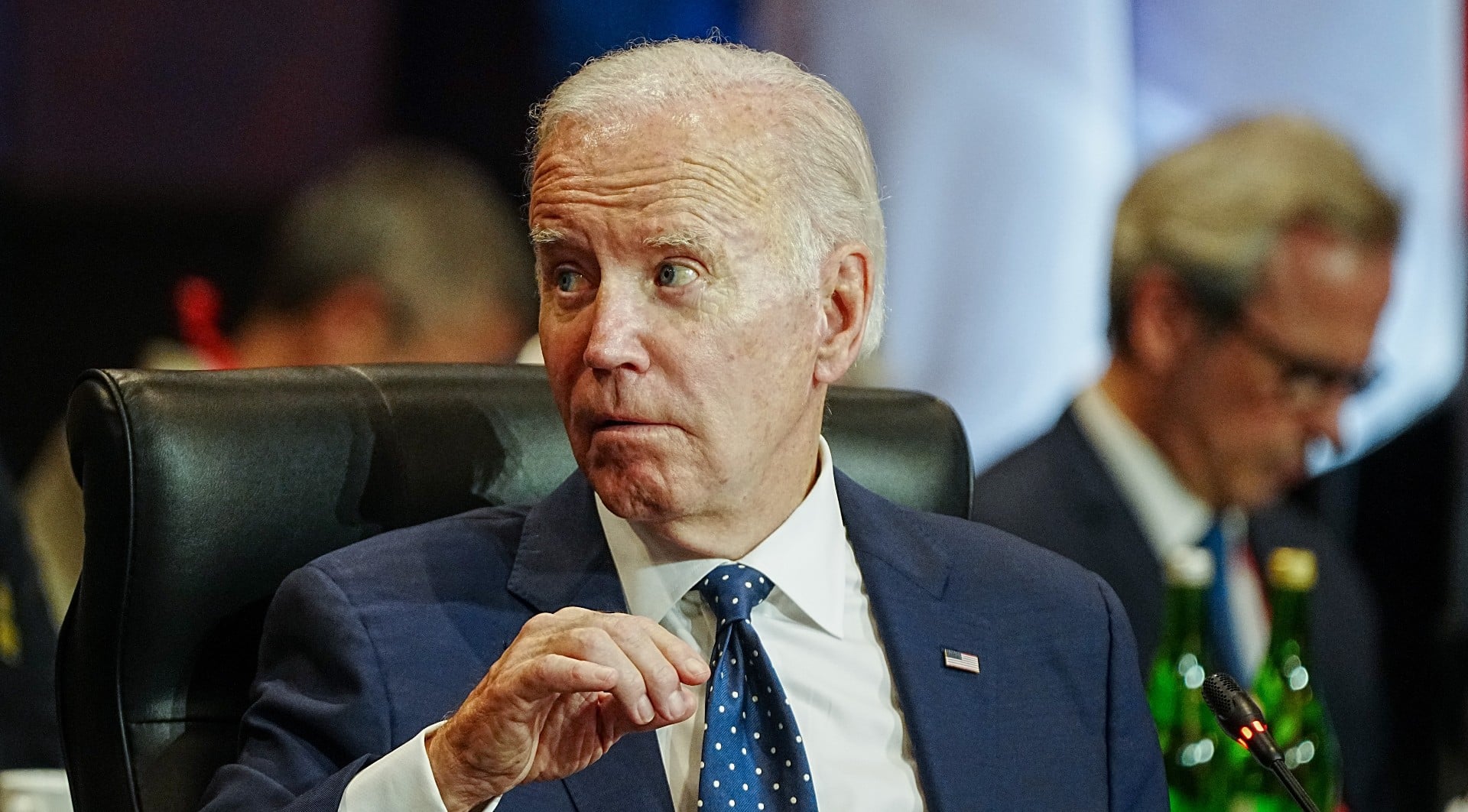OPINION: This article may contain commentary which reflects the author's opinion.
Emergency legislation passed by Congress last week and quickly signed into law by President Joe Biden to avert what would have been an economically crippling rail worker strike may be about to backfire.
According to The Hill, rail workers are now threatening a mass exodus from the industry, which — should it come to fruition — produce the same result as a strike: A major slowdown of rail traffic that could immediately lead to massive shortages of everything from food to cars and fuel “while strangling already-shaky supply chains.”
The outlet added:
The economy was almost upended by a nationwide strike before lawmakers intervened last week to enforce a deal many workers found lacking.
Those who were holding out hope for a strong contract might look for a new job after the deal failed to provide paid sick leave or put an end to strict attendance policies and strenuous schedules that require workers to be on call constantly, rail workers say.
“I don’t think you’ll just see half of the workforce disappear, but you’ll see a good percentage, and we can’t afford for anybody to leave because we’re so undermanned as it is,” Hugh Sawyer, an Atlanta-based engineer at Norfolk Southern, said, according to the outlet.
Any loss of rail workers, however, will certainly worsen existing staffing shortages that occurred after railroads laid off approximately 30 percent of their workforce over the past half-dozen years. “That…has led to exhausted workers and persistent delays and cancellations when demand for shipped products spiked,” The Hill noted.
What’s more, several business organizations have noted that the staff-shortage delays and delivery disruptions have contributed to inflationary pressure.
Sawyer, the treasurer of a grassroots rail reform organization called Railroad Workers United, noted that younger employees are placing more importance on so-called ‘work-life balance’ and will be among the first to leave in a walkout.
“Most of these people live in or around metro Atlanta. The economy’s booming. They will find a job elsewhere,” Sawyer said.
The Hill noted: “Workers say that some employees could leave as soon as they receive back pay and cash bonuses, which will average roughly $16,000 per person. Railroads will dole out that money within 60 days.”
Meanwhile, in a statement, the Association of American Railroads (AAR) said carriers hear workers’ concerns and believe that “conversations about work-life balance issues must continue.” The group also noted that since January, railroad train and engine workforces have surged by 8 percent.
“The benefits and compensation packages are part of why that is the case — both of which are seeing historic increases through this deal with average wages and compensation rising to $160,000 over the course of the contract,” an AAR spokesperson said. “Railroading is difficult work, and our employees are compensated accordingly in recognition of that.”
Late last month, industry experts responded to the then-looming rail strike, noting how crippling it would be for the U.S. economy, especially amid the holiday shopping season.
“Businesses integral to our normal day-to-day life, like food and fuel manufacturers, will feel the impact immediately and will quickly trickle down to consumers,” Jeffrey Hausman, the chief product officer at the supply chain management firm Samsara, told NBC News.
The outlet noted further that a rail strike would also endanger entire communities, affecting the ability of millions to continue having access to clean drinking water.
Municipal water treatment facilities utilize chlorine and other chemicals to ensure water is safe by the time it comes out of the tap; a stoppage in rail transport would mean those same cities would no longer get reliable shipments of those chemicals, thereby limiting or even preventing those cities from producing clean water.
Millions of people would be affected, NBC News noted.
“A stoppage of rail service in the United States would have a catastrophic effect on the ability of water utilities to treat drinking water and wastewater and to perform other water treatment services,” trade groups representing the water sector said in a letter to the White House this month. “This would present a significant threat to human health and to the health of the environment.”
